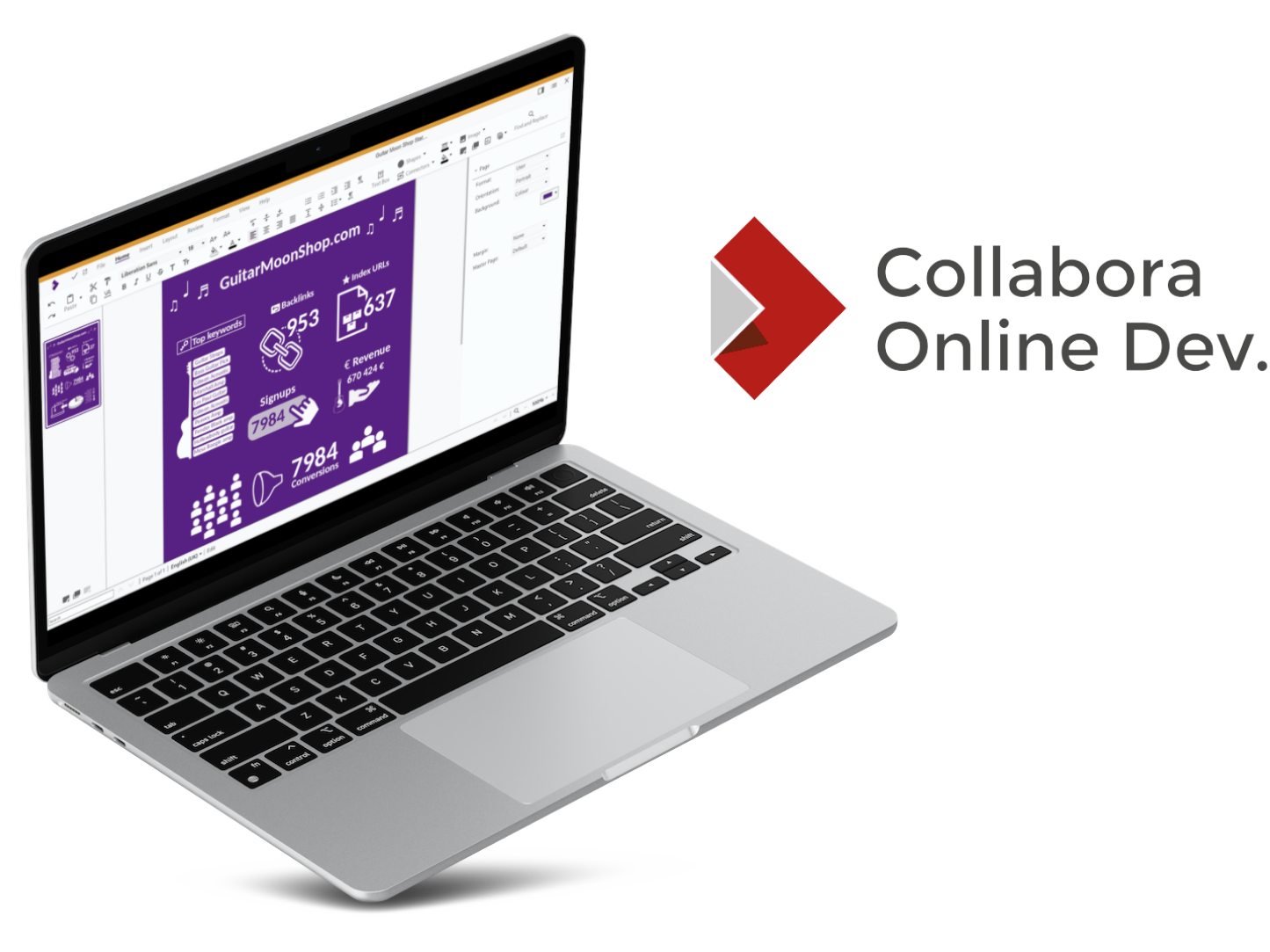Overview
Discover what makes Octobox powerful
Octobox is a self‑hosted service that augments GitHub’s native notification system by adding persistence, richer metadata, and powerful filtering. From a technical standpoint it functions as an intermediary layer between the GitHub API (and optional GitHub App) and a web interface that presents notifications in an inbox‑style view. Its core logic revolves around periodically polling GitHub for new events, normalizing them into a unified data model, and persisting that state in a relational database. The application then exposes a RESTful API and a client‑side single‑page interface built with modern JavaScript frameworks, allowing developers to integrate Octobox into existing tooling or extend it via webhooks.
Backend
GitHub Integration
Front‑end
Containerization
Overview
Octobox is a self‑hosted service that augments GitHub’s native notification system by adding persistence, richer metadata, and powerful filtering. From a technical standpoint it functions as an intermediary layer between the GitHub API (and optional GitHub App) and a web interface that presents notifications in an inbox‑style view. Its core logic revolves around periodically polling GitHub for new events, normalizing them into a unified data model, and persisting that state in a relational database. The application then exposes a RESTful API and a client‑side single‑page interface built with modern JavaScript frameworks, allowing developers to integrate Octobox into existing tooling or extend it via webhooks.
Architecture
- Backend – Ruby on Rails 7, leveraging ActiveRecord for ORM and PostgreSQL as the primary datastore. Background jobs are handled by Sidekiq, which consumes a Redis queue to schedule periodic syncs of notifications and CI status updates. The Rails stack also hosts the API endpoints that the front‑end consumes.
- GitHub Integration – Octobox can operate as a standalone OAuth application or, more efficiently, as a GitHub App. When installed, the app receives webhook events for issues, pull requests, and status checks, allowing real‑time updates without polling. The app’s private key is stored securely in the database and used to sign JWTs for authentication.
- Front‑end – A lightweight Vue.js (or optionally React) SPA that communicates with the Rails API over JSON. Keyboard shortcuts and instant search are implemented client‑side, providing a Gmail‑like experience for notification triage.
- Containerization – Docker images are published to Docker Hub (
octoboxio/octobox). A singledocker-compose.ymlcan spin up PostgreSQL, Redis, and the Rails app with minimal configuration, making it straightforward to deploy on any Kubernetes cluster or bare‑metal host.
Core Capabilities
- Extended Notification States – Adds an
archivedflag and astarredtag to each notification, stored as columns in the notifications table. The sync logic automatically restores archived items when new activity is detected. - Rich Metadata – Stores issue/PR status, CI checks, labels, assignees, and author information. This data is fetched via the GitHub REST API or received through webhooks when using a GitHub App.
- Advanced Filtering & Search – Server‑side filtering supports repository, organization, type, action, state, CI status, and reason. Prefix search tokens are parsed on the API layer to return precise results.
- Keyboard‑First UX – All actions (archive, star, delete, navigate) are exposed as configurable keyboard shortcuts, reducing mouse dependency.
- API & Webhooks – Exposes CRUD endpoints for notifications and user settings. External services can trigger updates via webhooks, enabling integration with CI dashboards or custom tooling.
Deployment & Infrastructure
Octobox is designed for self‑hosting, giving developers full control over data residency and compliance. A typical deployment requires:
- PostgreSQL (>=12) for durable storage.
- Redis for Sidekiq job queues and caching.
- GitHub App credentials (private key, webhook secret) for real‑time updates.
- HTTPS termination (e.g., Nginx or Traefik) to secure API traffic.
- Optional: Kubernetes deployment using Helm charts (community‑maintained) for scalability and rolling updates.
The application scales horizontally by running multiple Rails workers behind a load balancer. Sidekiq workers can be scaled independently to handle high notification volumes, while the front‑end is stateless and can be replicated as needed.
Integration & Extensibility
- Plugin Architecture – While Octobox currently exposes a single API surface, its open‑source nature allows contributors to add new modules (e.g., custom filters or notification exporters). The codebase follows Rails’ modular conventions, making it straightforward to fork and extend.
- Webhooks – External systems can push events to Octobox’s
/webhookendpoint, enabling bidirectional sync with other services such as Slack or Jira. - Custom Themes & Localization – The SPA supports CSS variables and i18n files, allowing developers to tailor the UI to brand guidelines or language requirements.
- CLI Tool – A Ruby script (
octobox-cli) can perform bulk operations (e.g., mass archive) via the API, useful for scripting in CI pipelines.
Developer Experience
The project’s documentation is comprehensive, with a README.md that walks through OAuth vs. App setup, Docker deployment, and advanced configuration. The community is active on Gitter and GitHub Discussions, offering quick support for deployment questions. Licensing under a FLOSS license (MIT) removes commercial constraints, and contributors can submit PRs directly to the main repository. The test suite uses RSpec and Capybara, giving confidence in API stability.
Use Cases
- Open‑Source Maintainers – Keep track of thousands of notifications across multiple repositories without relying on GitHub’s limited UI.
- Enterprise Teams – Deploy Octobox behind a corporate firewall to maintain full control over notification data while integrating with internal Slack or Teams channels.
- Continuous Delivery Pipelines – Hook Octobox into CI dashboards to surface PR status and test results directly in the notification inbox.
- Product Managers – Use starred notifications to surface
Open SourceReady to get started?
Join the community and start self-hosting Octobox today
Related Apps in development-tools
Hoppscotch
Fast, lightweight API development tool
code-server
Self-hosted development-tools
AppFlowy
AI-powered workspace for notes, projects, and wikis
Appwrite
All-in-one backend platform for modern apps
PocketBase
Lightweight Go backend in a single file
Gitea
Fast, lightweight self-hosted Git platform
Weekly Views
Repository Health
Information
Explore More Apps
Chitchatter
Peer‑to‑peer encrypted chat with no server needed

Collabora Online Development Edition
Self-hosted other
Warracker
Track, manage, and alert on product warranties effortlessly

RosarioSIS
All-in-one school management for K‑12 and beyond
LibreTranslate
Open‑source, self‑hosted machine translation API
Passbolt
Secure, collaborative password manager for teams
